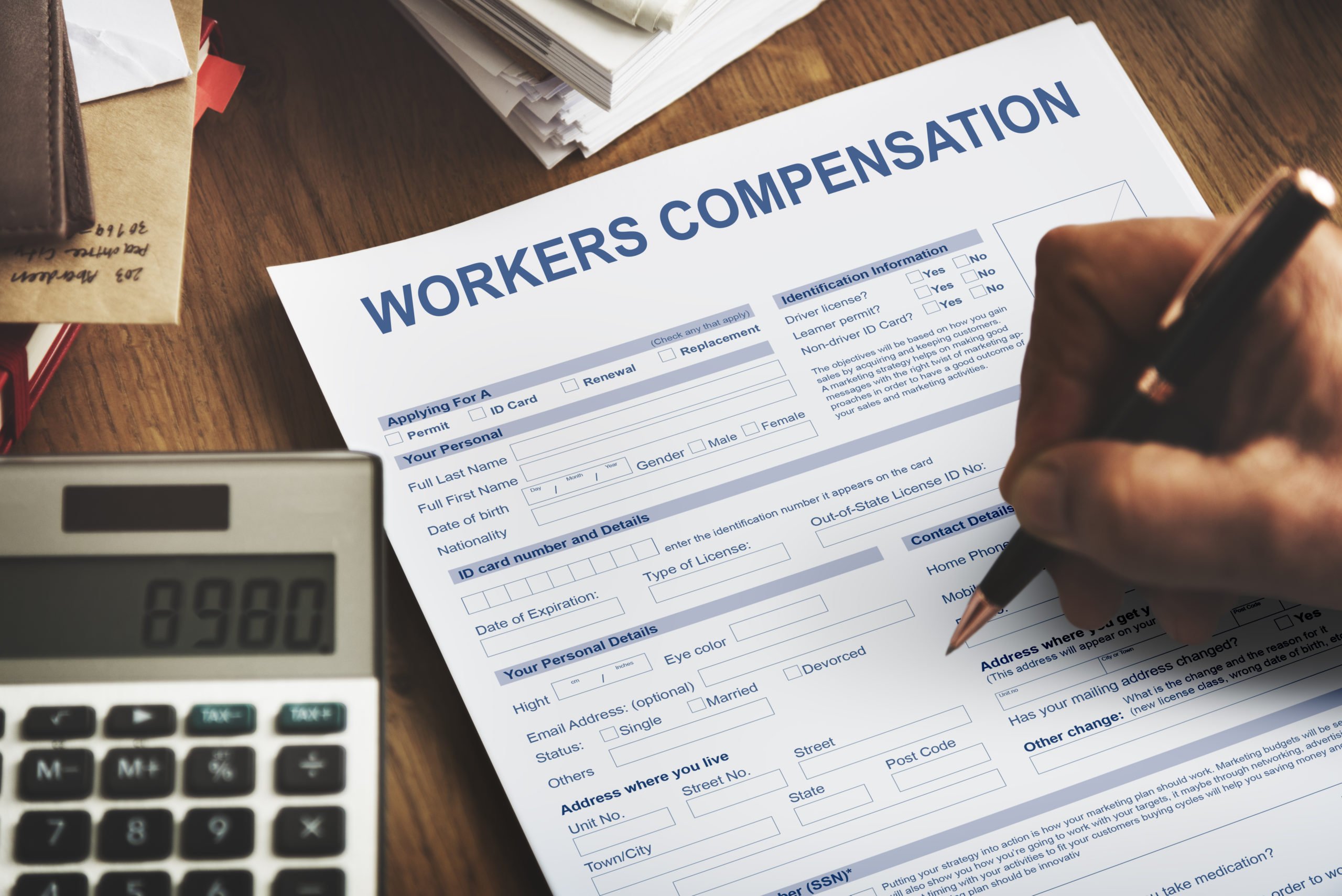
When you’re an employer, you can be responsible for the actions or negligence of your employees in some cases. For example, you may not realize this but in some states, if your employee is in a car accident and they’re at-fault, you can be sued by the injured party.
This can go even further if somehow there is a claim of negligent hiring or retention.
The risk of negligent hiring or retention is one of the big reasons you should do background checks on employees and also have documented incident reporting and discipline procedures.
The following are things to know about negligent hiring as well as negligent retention.
Negligent Hiring Claims
The basis of a negligent hiring claim is that an injured party thinks that as an employer, you should have been aware of an employees’ dangerous or criminal background.
As an employer, you can be liable if your employee hurts someone else when through a reasonable background check you could have uncovered the risk.
A negligent hiring claim falls into the larger category of personal injury claims.
As an employer, these claims hinge on the idea that you have a legal responsibility to hire employees who are safe and competent, and it’s your responsibility to completely vet all employees.
The injured party in these claims could be a random member of the public, a customer, a coworker, or anyone who is in contact with your employee through the nature and scope of the employee’s work.
If there’s a claim like this made against you, the court will look at whether you, as the employer, used reasonable caution when you hired or retained an employee for their particular responsibilities. For example, if you hire an employee with a history of DUIs for a job that requires driving as part of the scope of work, and they’re then in an accident, it could lead to a negligent hiring or retention claim.
How to Vet Employees
It’s challenging in some cases as an employer to fully vet employees before bringing them onboard. Often the best you can do is a pre-employment background check. You might also do a physical exam and have the candidate submit to drug testing. This can help you avoid a negligent hiring claim, but at the same time, there are state and federal laws limiting the use of certain information when hiring someone.
For example, there are in many states laws against running credit checks on employees unless they’re going to handle money.
There is a balancing act, and as an employer, the best thing you can do is speak to an attorney who will help you know what your rights are as an employer and how to balance certain risks.
When Are Negligent Hiring Claims Most Common?
There are certain industries where there tend to be more negligent hiring claims. Anything where someone has access to homes or money, can be high-risk.
For example, home health care, nursing homes, and delivery services are considered high-risk as far as the potential for negligent hiring claims to arise.
Fair Hiring
The role of fair hiring practices was touched on above. You have to understand things like the EEOC’s guidelines. For example, you’re not supposed to ask about criminal records on applications.
Instead, you should only think about convictions and pending prosecutions that are specific to the job someone is applying for and that are recent enough that you could reasonably say it’s a substantial risk to hire that person.
You have to also gauge whether or not something is relevant to a particular job if a candidate has a criminal record.
You might have targeted pre-employment screening based on different roles, for example.
Drug screening is something that you should do if a job is going to be potentially hazardous. For example, if you’re hiring for any position that’s going to involve driving, then you should consider drug screenings.
When you’re hiring new employees, you should confirm anything the applicant tells you about their previous employment or gaps in their employment.
It is certainly a challenge, and the burden does fall on employers to be non-discriminatory but also to protect themselves against future liability.
Once you hire employees, you have to continue to consider negligence. You can’t retain an employee who is potentially a risk to others, so you should have in place standardized processes to report certain behaviors. You should document any situations that might arise, along with the steps you took to remedy the problem, to protect you against future negligence claims.







